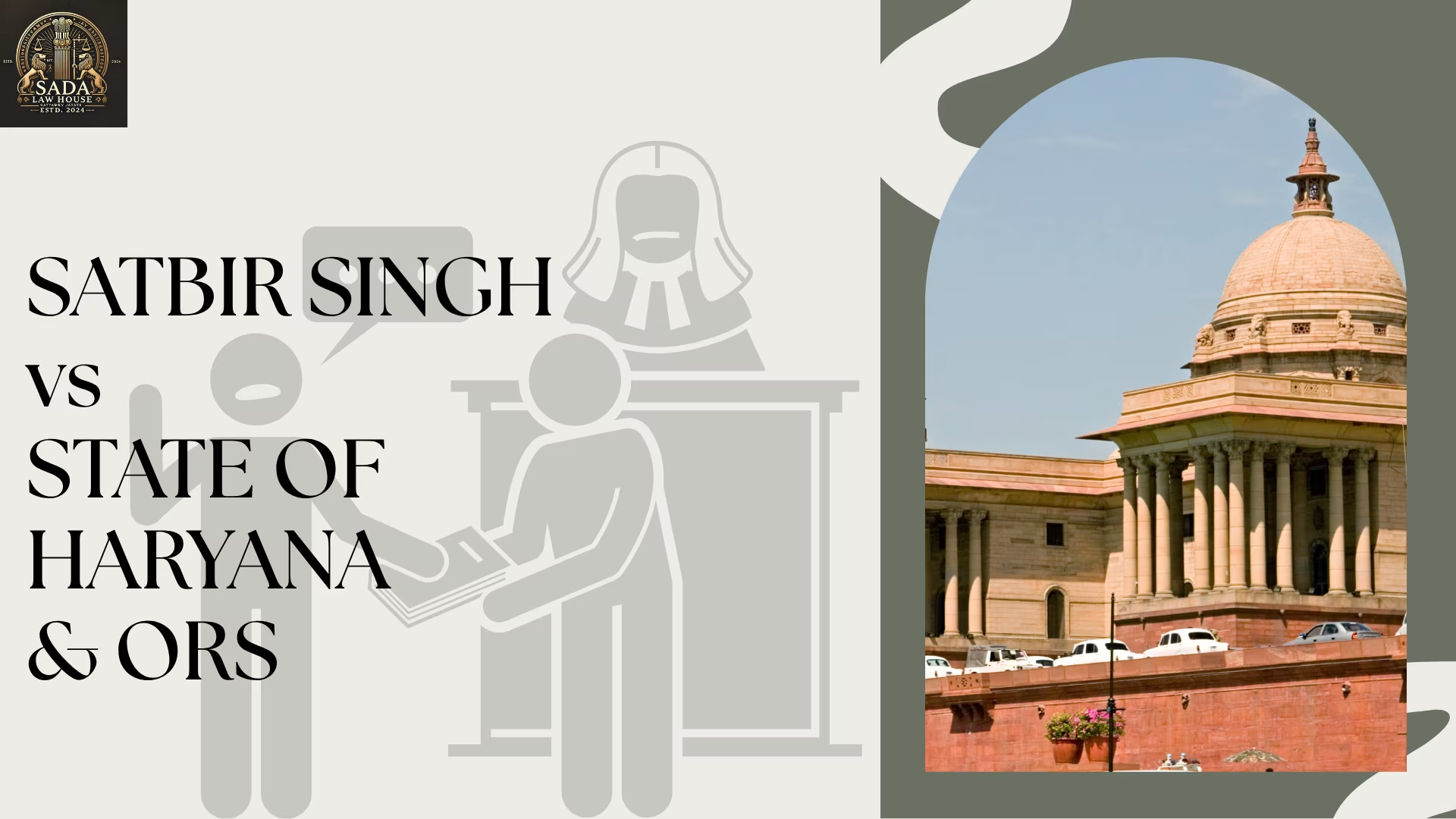S.S. Cold Storage India Pvt. Ltd v. National Insurance Co. Ltd (2023)
- Nisha Kumari
- 16 October, 2025

Introduction
The Supreme Court of India, in its judgment dated 8th August 2023, delivered a significant ruling in S.S. Cold Storage India Pvt. Ltd v. National Insurance Co. Ltd, addressing the principles governing repudiation of insurance claims. The dispute arose when S.S. Cold Storage, insured under a Standard Fire and Special Perils Policy, suffered losses due to an electrical short circuit that led to spoilage of stored goods. However, the insurer, National Insurance Co. Ltd, repudiated the claim citing alleged breach of policy conditions. The central issue before the Court was whether such repudiation was legally justified despite the occurrence of a genuine loss verified by the insurer’s own surveyor.
Background
S.S. Cold Storage India Pvt. Ltd had taken an insurance policy from National Insurance Co. Ltd to cover its cold storage plant and stock, including perishable goods like potatoes. In 2009, an electrical short circuit damaged the refrigeration system, causing a temperature rise that spoiled the stored produce. The company filed a claim under the policy, and a surveyor appointed by the insurer verified the loss and assessed its value. However, the insurance company rejected the claim, arguing that the insured failed to maintain temperature records and logbooks, thereby breaching policy terms.
Aggrieved by the repudiation, S.S. Cold Storage approached the Consumer Forum, and later the National Consumer Disputes Redressal Commission (NCDRC), both of which ruled against the company. Consequently, the matter was appealed to the Supreme Court of India, which examined whether such technical lapses could justify denial of a legitimate insurance claim.
Key Developments
2009: Electrical short circuit occurred, damaging refrigeration machinery and spoiling stock.
The insurer’s surveyor confirmed the occurrence of loss and assessed the damages.
National Insurance Co. repudiated the claim, citing non-maintenance of temperature records.
S.S. Cold Storage approached consumer forums and, after adverse rulings, appealed to the Supreme Court.
Issue of the Case
Whether the repudiation of S.S. Cold Storage’s insurance claim by National Insurance Co. Ltd on grounds of technical non-compliance (non-maintenance of temperature logs) was valid and justified despite evidence of a genuine, assessed loss caused by an insured peril (electrical short circuit)?
Judgment
The Supreme Court ruled in favor of S.S. Cold Storage India Pvt. Ltd, holding that the repudiation of the claim was arbitrary and unjustified. The Court emphasized that the primary purpose of insurance is to indemnify actual losses and that technical breaches should not override genuine claims unless there is proof of fraudulent intent or deliberate violation.
It was observed that:
The loss due to electrical short circuit was real and assessed by the insurer’s own surveyor.
The alleged procedural lapse of not maintaining temperature records did not contribute to the loss.
Insurance contracts must be interpreted in good faith and in favor of the insured where ambiguity exists.
The Court directed National Insurance Co. Ltd to settle the claim and pay the assessed compensation with interest, reinforcing that genuine claims cannot be defeated by rigid technicalities.
Current Status
The insurer was ordered to pay the claim amount along with applicable interest. The ruling has since been recognized as an important reaffirmation of consumer protection and fair claim settlement practices in insurance law.
Conclusion
The Supreme Court’s verdict in S.S. Cold Storage India Pvt. Ltd v. National Insurance Co. Ltd reaffirms the principle that insurance companies must act in good faith and cannot reject legitimate claims on trivial or procedural grounds. The Court highlighted that the essence of insurance is protection against loss, not avoidance of liability. This decision strengthens consumer rights and sets a clear precedent ensuring that insurers cannot misuse technicalities to deny rightful compensation, thereby reinforcing trust and fairness in the insurance sector.






